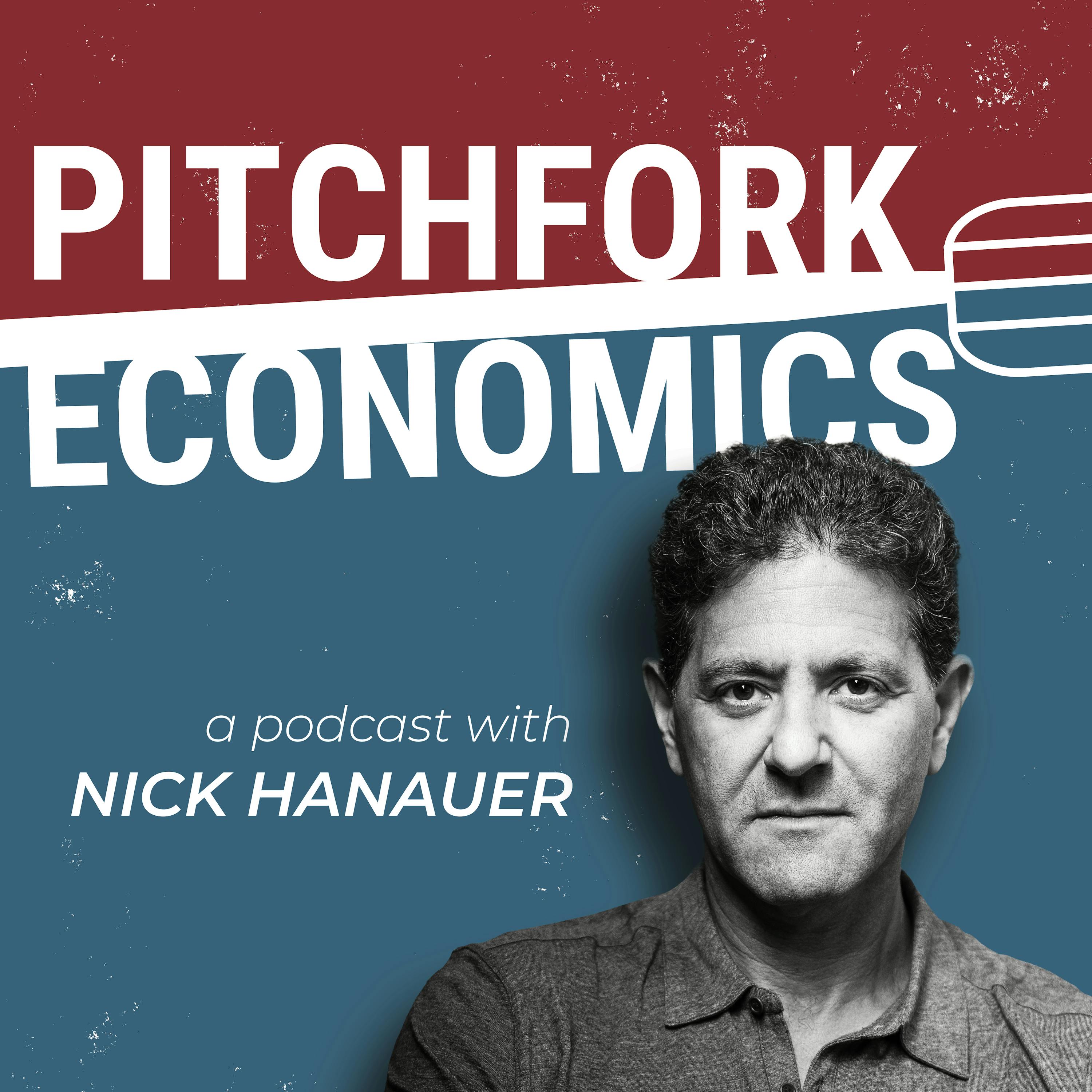Making a case for the inheritance tax (with David Stasavage)
Over the next two decades, $30 trillion of wealth is expected to be transferred from Baby Boomers to their heirs. Journalists and financial experts have been referring to this event as the “Great Wealth Transfer,” and it's important that we understand the policies that make such a monumental transferral of generational wealth possible—not to mention the tremendous economic and societal implications of this unprecedented economic activity. In this episode, we have the privilege of speaking with David Stasavage, a renowned expert in taxation, inequality, and political economy, to help us unpack the origins and rationale behind the creation of the inheritance tax, and to explore the policies we can use to lessen economic inequality and put some of the Great Wealth Transfer to work for all Americans—not just the children of the wealthy few.
David Stasavage is a prominent political scientist known for his expertise in taxation, inequality, and political economy. He is currently the Julius Silver Professor of Politics at New York University and a Fellow at the Center for Advanced Study in the Behavioral Sciences at Stanford University. He has conducted extensive research on taxation, particularly on the taxation of the wealthy and the role of inheritance taxes in addressing income inequality. His collaboration with Kenneth Scheve on inheritance taxes has shed light on public opinion and the potential effectiveness of these taxes in promoting economic fairness. He’s also the author of several books, including "States of Credit: Size, Power, and the Development of European Polities,” "Taxing the Rich: A History of Fiscal Fairness in the United States and Europe,” and “The Decline and Rise of Democracy.”
Twitter: @stasavage
Democracy, War, and Wealth: Lessons from Two Centuries of Inheritance Taxation https://kfscheve.files.wordpress.com/2020/09/schevestasavage_twocenturies_apsr_2012.pdf
States of Credit: Size, Power, and the Development of European Polities https://bookshop.org/book/9780691166735
Taxing the Rich: A History of Fiscal Fairness in the United States and Europe https://bookshop.org/book/9780691165455
The Decline and Rise of Democracy https://bookshop.org/book/9780691228976
Website: http://pitchforkeconomics.com
Twitter: @PitchforkEcon
Instagram: @pitchforkeconomics
Nick’s twitter: @NickHanauer

41m







